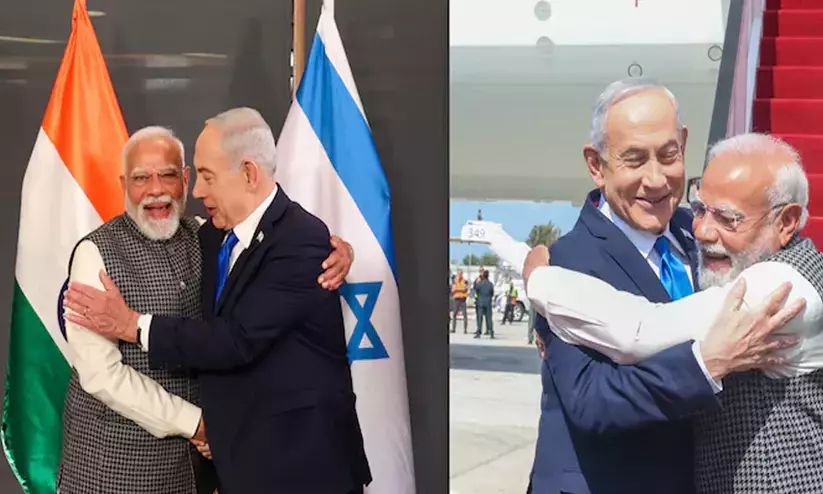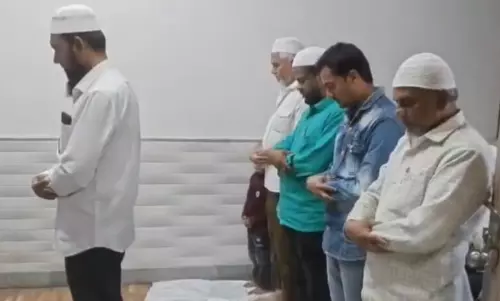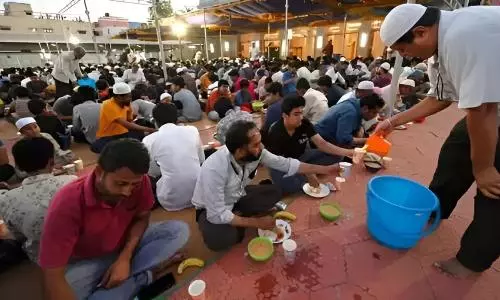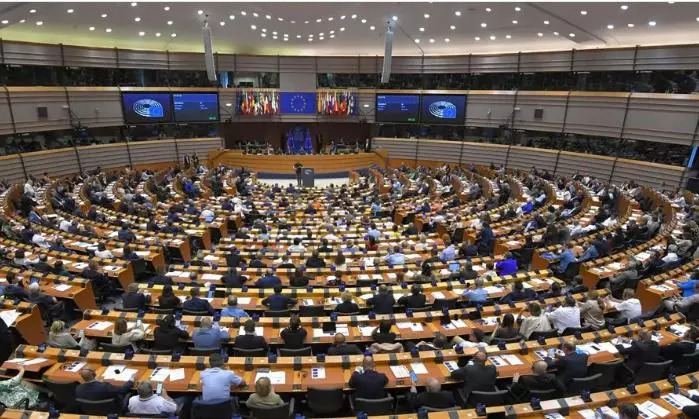
Citizenship Amendment Act ‘dangerously divisive’: European Parliament
text_fieldsStrasbourg/France: A resolution adopted by the European Parliament on India on Wednesday stated that the Citizenship (Amendment) Act (CAA), 2019, is "dangerously divisive" and laws like this which discriminate against people on the grounds of religion are matters of concern, Scroll in reported.
India's CAA, passed by the parliament on December 11 2019, grants citizenship to refugees belonging to six religions from neighbouring countries of Bangladesh, Afghanistan and Pakistan. The six religious categories do not include Muslims. The condition for those eligible is that they must be living in India for six years and must have arrived in India by December 31, 2014.
The act was widely criticized for discriminating against Muslims and incited protests across the nation, which led to violent incidents in some parts of the country. Indian Muslims fear that the law, along with the National Register of Citizens (NRC), would be used to harass them, Scroll In reports.
The resolution by the European Parliament, adopted just months away from Lok Sabha polls in India, also expressed concern over violence, increasing nationalist rhetoric and divisive policies in India. It highlights the deadly effects of the Foreign Contribution Regulation Act and the Unlawful Activities (Prevention) Act.
It demanded that political leaders in India must stop making inflammatory statements so that social conflicts like those in Manipur are resolved.
Further, the resolution put forward the need for a close monitoring of the situation in Kashmir, where human rights and fundamental freedoms of locals are in peril. It stated that the European Council and European Commission should remain committed to de-escalation in Kashmir and that India and Pakistan have good neighbourly relations.
The European Council and European Commission need to work with India to ensure a "safe and democratic environment for the work of human rights and environmental defenders, indigenous people and Dalit rights defenders, political opponents and trade union activists, journalists and other civil society actors," Scroll In quoted.























